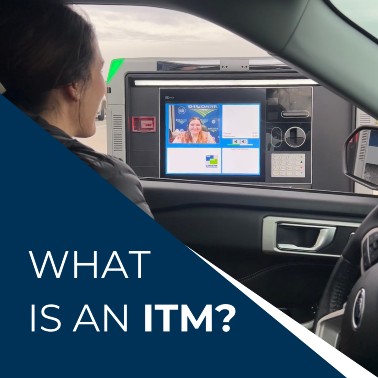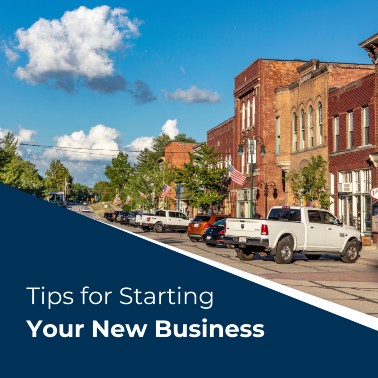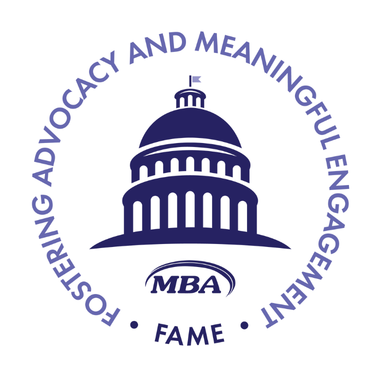01/01/2025

Interactive teller machines, or ITMs, include all the functions of a standard ATM, with added video and touch screen technology, enabling you to interact with a BTC Bank teller in real time to take care of the majority of your banking needs.
03/01/2025

The world of farming and agriculture is not one size fits all. Each operation has its own set of challenges and financial needs, which is why finding an ag lender that fit just right for your needs is essential.
02/01/2025

When our local hardware store, restaurant, or automotive shop succeeds, the success spreads throughout the entire community. At BTC Bank, we’re proud to support our small businesses so that the communities we live and work in can thrive.
06/01/2025

The Center for Regenerative Agriculture at the University of Missouri has received a $25 million grant from the United States Department (USDA) to lead the Missouri Conservation Crop and Livestock (CRCL) Project in collaboration with 14 partners across the state, making regenerative agriculture more feasible for producers.
04/01/2025

BTC Bank has been a true community bank since its founding in 1919. As options for financial services continue to expand, community banks remain vital to the success of the local businesses, individuals and communities that we serve.
09/01/2024

American Bankers Association has selected Doug Fish, BTC Bank President and CEO to serve on ABA’s Community Bankers Council. The council, which meets twice a year, is made up of approximately 100 bankers from across the country from institutions with generally less than $5 billion in assets. Members are appointed by the ABA chair.
07/01/2024

Missouri is offering a program to incentivize the sale of farmland to beginning farmers. Learn more about how farm owners who sell farmland to a beginning farmer on or after August 28, 2023 can reap tax benefits.
08/22/2025

Missouri State Treasurer Vivek Malek visited BTC Bank’s Sedalia location to recognize the institution’s outstanding contributions to the MOBUCK$ program, a state initiative that supports economic development through low-interest lending.
9/30/2025

For most, the fall season is a time spent with family visiting pumpkin patches, going to the local orchard, or enjoying nature. However, for approximately 61,000 individuals in the state of Missouri, fall looks a bit different. The American farmer is found in the fields harvesting the crop he has grown for the past six months.
10/1/2025

FarmRaise, the farm financial technology company, and BTC Bank are proud to announce a new partnership that will make financial management easier for farmers.
10/9/2025

We’re proud to announce our partnership with FarmRaise. Learn how we’re working to make financial management for farmers simpler, faster and more useful.
11/10/25

BTC Financial Management, a subsidiary of BTC Bank, is proud to announce the addition of Katie Remsburg as its newest Financial Advisor. With a strong background in financial services and a passion for helping clients, Katie brings both experience and heart to the BTC Financial Management team.
12/19/2025

Bethany Bankshares, Inc., the holding company of BTC Bank, and Latham Bancshares, Inc., the holding company of The Tipton Latham Bank, N.A., have jointly announced that they have entered into a definitive agreement pursuant to which Bethany Bankshares, Inc. will acquire Latham Bancshares, Inc. through a series of mergers, with Bethany Bankshares, Inc. continuing as the surviving corporation.
12/23/25

BTC Bank is pleased to share that, effective January 1, 2026, it will assume sponsorship of TextCaster services, previously sponsored by Farmers Bank of Northern Missouri, for local schools and county emergency information.
1/22/2026

BTC Bank was proud to be honored with the 2025 FAME Award by Missouri Bankers Association. This award marks the first-ever class of FAME Award recipients, and recognizes out commitment to advocacy, engagement, and leadership within Missouri’s banking industry.
